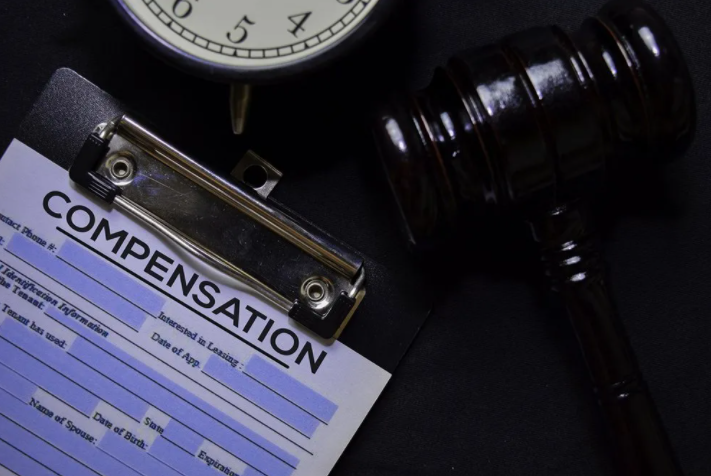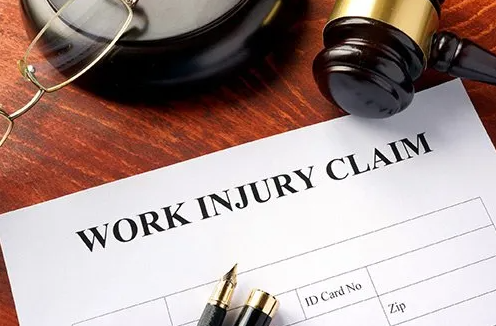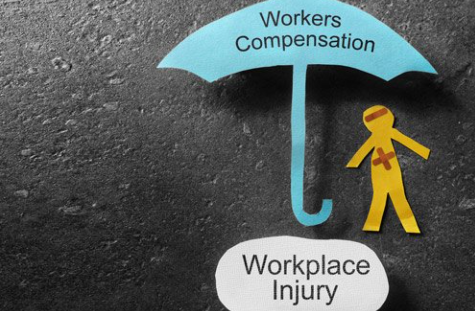Over 30 Years Representing Injured Workers
Blog Layout
WHAT YOU SHOULD KNOW ABOUT RESTRICTIONS AFTER A WORK INJURY
Admin • November 4, 2019
When you suffer an injury at work, your primary goal is likely to recover and eventually return to your job in the same capacity as you did prior to the injury. In many cases of workers' compensation, those who suffer injuries at work have to miss time at work until they can recover. In other cases, some hurt employees can return to work immediately with specific restrictions until fully healed.
No matter your case, you should be aware of work capacity after a work-related injury so you can prepare yourself. Here are some things you should know.
Can You Return to Work With Restrictions?
After you suffer an injury at work, your physician will treat you and decide whether or not you can return to work right away with special restrictions in place. Most often, the restrictions are light duty, more sedentary jobs until you can regain your prior work status.
For instance, if you hurt your back when you lifted something heavy, you may return to work with special lifting restrictions, which prevent you to lift anything over a certain weight. You may also have restrictions which prevent you from lifting anything at all.
Your doctor will let you know which restrictions you must adhere to when you return to work. Your employer may also advise you of your restrictions in more detail and explain how restrictions will impact your ability to do your job.
Often, your employer can provide you with lighter duty work based on your restrictions, but your pay may be lower than your normal wages. When a lower payment occurs, you are entitled to receive temporary partial disability payments to help with the difference in your work pay.
Your employer may have you return to work on light restrictions, only to discover the job exceeds your restrictions. Your employer cannot make you do any task which exceed your restrictions. Reach out to your attorney if this happens.
Can You Return to Full Duty While You Recover?
Your doctor may decide that you can work your normal duties before you complete all the medical care necessary for your injury. The decision depends on the severity of your injury, your job type, and other factors based on your circumstances.
You should know that if your doctor allows you to return to work at your normal capacity, your employer will not have to pay any sort of disability. You can attempt to go back to work at full duty in a case such as this, but you can report to your medical provider if you have trouble doing your normal duties.
Can You Return to Full Duty After Medical Treatment?
Once you are finished with your medical treatment for your on-the-job injury, your physician will state you reached your maximum medical improvement. He or she may release you to go back to work at this time. You should receive an authorization to go back to work, which means that any restrictions are lifted and that you can work in your regular capacity.
While most employees can return to their jobs after the completion of medical care, others are more severely injured and permanently disabled. In a case of permanent injury, the employee is not able to return to his or her prior position or any job at all. If you are in this scenario, you should speak to your attorney to find out your next steps.
Workers' compensation cases are complex, and you have to provide all the details of your accident and injury. If you have any questions about workers' compensation or about when you should return to work after an injury, please contact us at The Law Offices of Jeffrey M. Greenberg.
By Admin
•
April 28, 2020
If you suffer an injury at work, you should report the injury to your employer as soon as possible. Learn why the timing is important.
By Admin
•
March 5, 2020
Construction injuries can often be serious. Learn about three ways construction workers can reduce their chances of injury on the job.
THE LAW OFFICES OF JEFFREY M. GREENBERG
IN BUSINESS SINCE 1992
SE HABLA ESPAÑOL
Phone:
Address:
825 Van Ness Ave., Suite 601
San Francisco, CA 94109
Content, including images, displayed on this website is protected by copyright laws. Downloading, republication, retransmission or reproduction of content on this website is strictly prohibited. Terms of Use
| Privacy Policy







